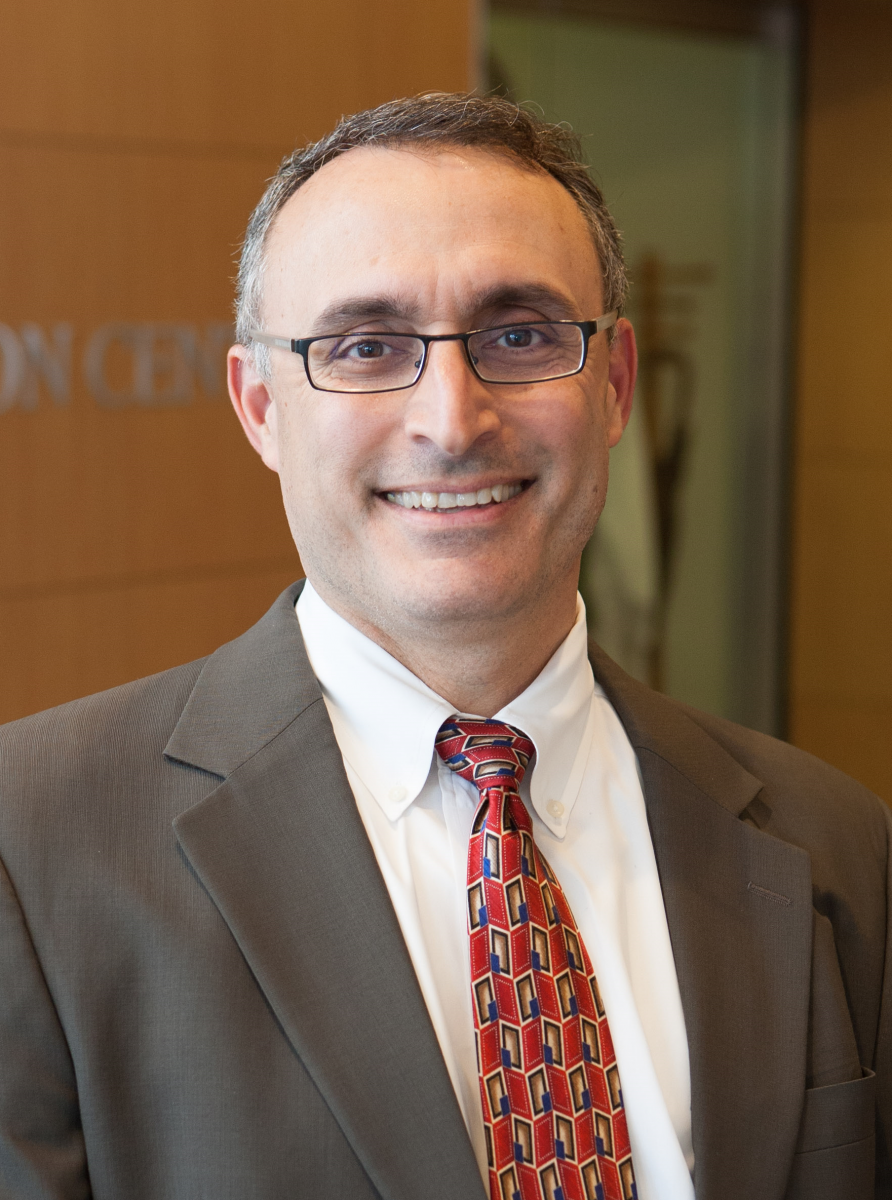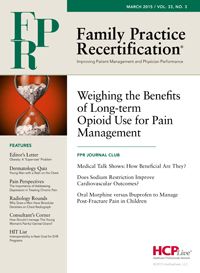Medical Talk Shows: How Beneficial Are They?
Viewers have plenty of choices when it comes to medical talk shows on television. With all their recommendations a recent study looked at whether they are doing more harm than good to the potential patient pool.

Frank J. Domino, MD
Review
“Evaluating Televised Medical Talk Shows: A Prospective Observational Study.” BMJ 2014; 349:g7346.
Methods
Investigators selected 40 episodes of the “The Dr. Oz Show” and “The Doctors” from the early part of 2013. From each they identified recommendations for the listening audience to study. Each of these recommendations was reviewed by experienced evaluators to determine the accuracy and appropriateness of each of these recommendations. Their hope was to determine if the recommendations were supported by the medical evidence. Secondary outcomes included the number of recommendations per show and the types and details of the recommendations.
Outcomes
Overall, the evaluators found at least a case study (weak evidence) or better evidence for only 54% of the 160 recommendations (95% CI: 47%-62%). For “The Dr. Oz Show,” the medical literature supported 46% of the recommendations, contradicted 15% of the recommendations, and no evidence was found for 39% of the recommendations. On average, “The Dr. Oz Show” had 12 recommendations per episode. The most common category of recommendation was dietary advice (39%). Some description on the magnitude of the benefit of the recommendations was described in only 17% of the recommendations. Overall, disclosures and conflicts of interest were presented in only 0.4% of the recommendations.
For “The Doctors,” the medical literature was found supporting 63% of the recommendations, contradicting 14%, and no evidence found for 24%. On average, “The Doctors” made 11 recommendations per episode. Most common recommendation from “The Doctors” was “consult a health care provider” (18%). The magnitude of benefit of the recommendations was described for 11% of the recommendations on “The Doctors” and a discussion of conflicts of interest was again at a 0.4%.
Conclusions
Recommendations made on medical talk shows by trained physicians were supported by very little medical evidence, often less than 50% of the time. Additionally, almost 1 in 6 recommendations were in direct conflict to the medical evidence. And for 24% to 39% of the recommendations, no evidence was found at all.
Discussion
Talk shows have been a part of mid-day television viewing for many years. Over the last 15 years, the advent of news shows providing more commentary than factual evidence has also continued to expand. The reasons for this are many, but because of their audience, advertisers continue to support television programming that regularly provides misinformation or half-truths (http://www.politifact.com/punditfact/tv/fox/).
These shows have the unique ability to inspire and misinform a huge segment of the population. Sadly more recommendations were made by both shows with regard to cosmetics, alternative therapy, and weight loss, than to exercise. Certainly for “The Dr. Oz Show,” supplements and over the counter weight loss agents are commonly described as beneficial if not highly effective. And often these recommendations carry no medical evidence.
This study demonstrates that medical professionals are equally enticed by the financial benefits of television talk (rather than evidence) and its resultant fame. Their willingness to provide misinformation rather than accurate and motivating health recommendations undermines the profession and increases the challenge of providing care.
This paper reinforces what most health professionals already assume: shows like “The Dr. Oz Show” make our job harder and patients’ clarity of understanding much worse.
Assuming the preferences of the lay audience of these television shows are not going to change, medical shows will continue to be a fixture of daytime television. Whenever possible, encourage your patients to at least stand and walk while they are watching. If nothing else, a little bit of exercise might offset any other ill-conceived health recommendation the show might offer. And whenever possible, urge patients to not watch commentary programming that is primarily opinion, rather than solid medical evidence.
